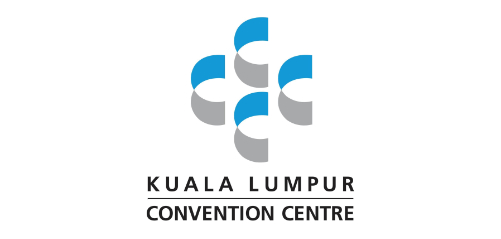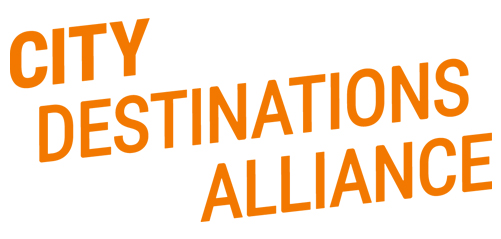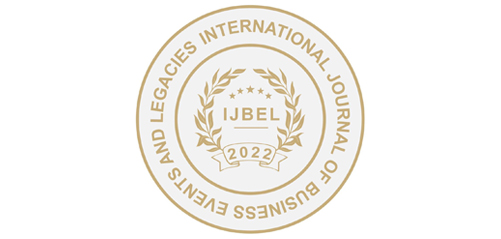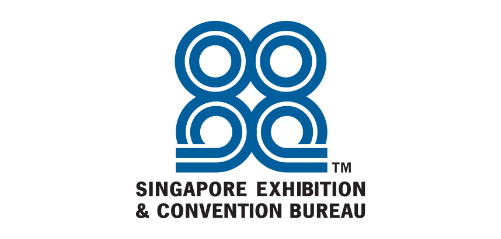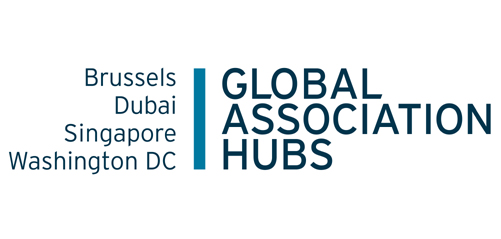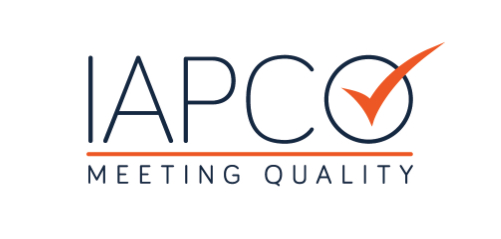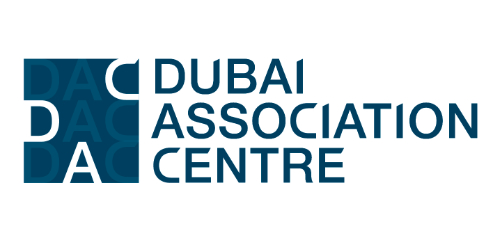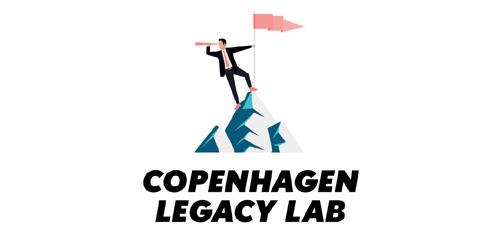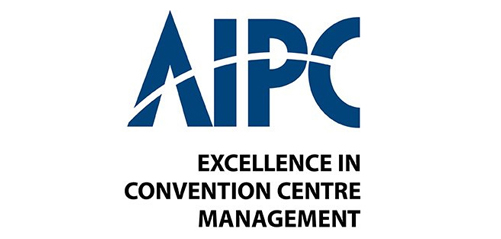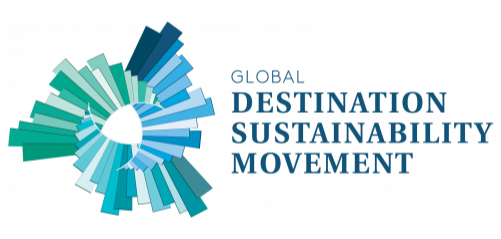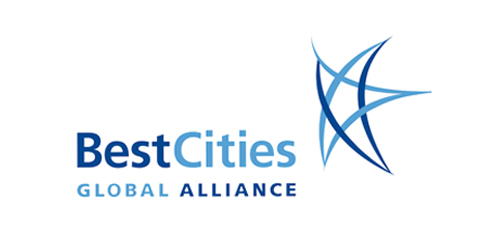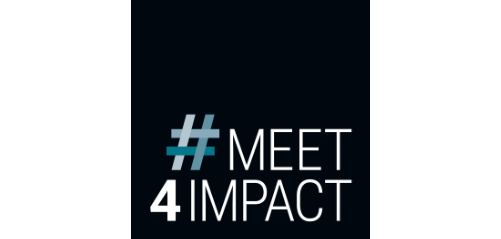Last September, the “Incredible Impacts” programme run collaboratively by Iceberg partners ICCA and BestCities Global Alliance selected three winning associations for the meeting legacy projects they submitted. Each of the three had shown a dedication to creating legacies that went far beyond the conference walls.
The three winners were:
- Ecocity Builders and the BCIT Ecocity Centre
- Soroptimist International (SI)
- International Society for Microbial Ecology (ISME)
Video presentations about the winning legacy projects have now been produced, just as ICCA and BestCities Global Alliance open up submissions for the fifth running of “Incredible Impacts”.
Once again, a panel of independent judges form the association world will determine which meetings have proven impact and award three grants of $7,500. The closing date for submissions is June 1st 2021, and details on how to apply are here.
Ecocity Builders and BCIT Ecocity Centre.
In October 2019, the EcoCity World Summit took place in Vancouver, Canada. Ecocity Builders set itself the goal of supporting both less developed country delegates and local, economically disadvantaged people to participate in the summit. It also wanted to reduce the long-term ecological impact made on its host cities.
So Ecocity Builders introduced a tiered registration fee. Delegates from developing economies and students paid one-third of the full fee. In addition, working with local financial institutions, twenty fully paid registrations for youth, social enterprise entrepreneurs and people of indigenous heritage were offered.
Ecocity Builders also launched the first “Ecocity Centre” in Vancouver, a two-year post-summit funding and training initiative to support the local community as it works to reduce its environmental footprint.
Ecocity Builders and BCIT Ecocity Centre.
Soroptimist International (SI).
In July 2019, Soroptimist International held its international convention in Kuala Lumpur, Malaysia. This volunteer movement advocates for human rights and gender equality through worldwide membership funding, by implementing grassroots projects and by having permanent representation at seven United Nations centres where SI influences global policy for women and girls. To leave a lasting legacy from its 2019 convention, SI set out to support an underdeveloped village in a remote part of Malaysia.
The organisation partnered with local members to construct water facilities, start organic farms and conduct vocational training with the villagers. With the systems in place, villagers now have access to clean and safe water throughout the year. The women learned about personal hygiene, sanitation, and water conservation and safety. Moreover, women and girls were trained in the maintenance of the systems and the organic farms producing healthy food for the village. Five girls achieved a diploma in welding, and all got jobs after the course. The collective outcome for the women and girls was the empowerment through the project to participate in community decision-making.
The massive impact from the convention will shape the future of the village and its people for years to come.
Soroptimist International.
International Society for Microbial Ecology (ISME).
In August 2018, ISME held its 17th Microbial Ecology Symposium in Leipzig, Germany. As well as the regular scientific programme and scheduled sessions, the association had ambitions to engage with the wider public while in the city, with education about the importance of ecology to inspire an interest in the field across a new audience.
Working in partnership with the city, ISME created “The Night of the Microbes”. This was a free-to-attend public event running in tandem with the symposium, during which ecologists gave inspiring “TED Talks” to ecology newbies, alongside entertainment including a live band!
For those who could not join in person, the event was live streamed and made available on YouTube. People could continue learning long after the symposium left Leipzig, and a new spark of interest in ecology was born.
International Society for Microbial Ecology.


